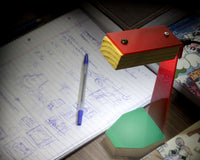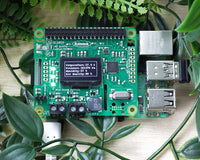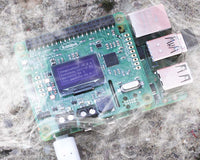 |
 |
Who invented the Integrated Circuit?
It was invented by Jack Kilby in 1958 while he worked for the company Texas Instruments. He received a Noble Prize for Physics in the year 2000 for the invention.What are some examples of Integrated Circuits?
Integrated circuits have been created to perform many tasks. Some examples that you may come across during your technology lessons are:- The PIC microcontroller. This is like a very small computer for which you can write software. This software can make the PIC perform many different tasks in the same way that the software on your computer can make it do different tasks.
- 555 timer. This is a timer circuit that can be used to make a variety of timing circuits.
- Op-amp (operational amplifier). This is an amplifier circuit that can be used to amplify its input signal. It can also be used to compare two input signals. The op-amp is one of the most widely used integrated circuits.
How are they made?
Integrated circuits are made by a process that is called photolithography. A simplified version of this process is described below. 1. The fine and perfectly flat disk of Silicon is produced. This is known as a Silicon wafer. Silicon that is the main material out of which the integrated circuits are made. This is why they are sometimes referred to as Silicon chips. 2. This wafer is then covered with a material that reacts to light. 3. A light is then shone through the mask onto the wafer. The mask only allows certain areas to be hit by the light. In the areas that do get hit the reactive material is destroyed / removed. This means that some areas of the Silicon are covered and others are not. 4. The chip is now etched. In this process the areas of the actual Silicon that are no longer covered are removed (etched away). The shape of the circuits has now been produced. 5. Chemicals are then applied to certain areas of the chip to change their electrical properties. 6. Many chips are produced on each wafer. Therefore the wafer is cut up to produced individual chips. The two pictures below show close up's of the large number of integrated circuits made on a single silicon wafer.


©Kitronik Ltd – You may print this page & link to it, but must not copy the page or part thereof without Kitronik's prior written consent.






